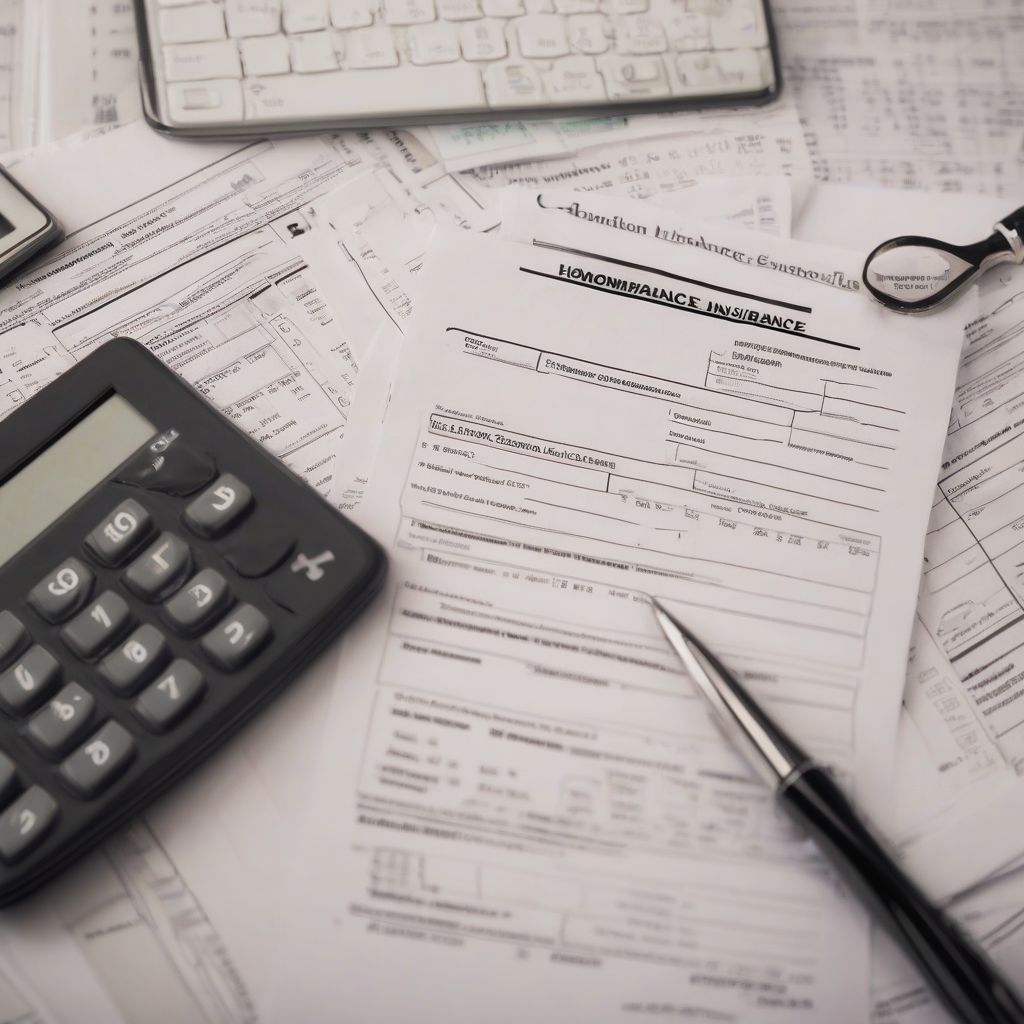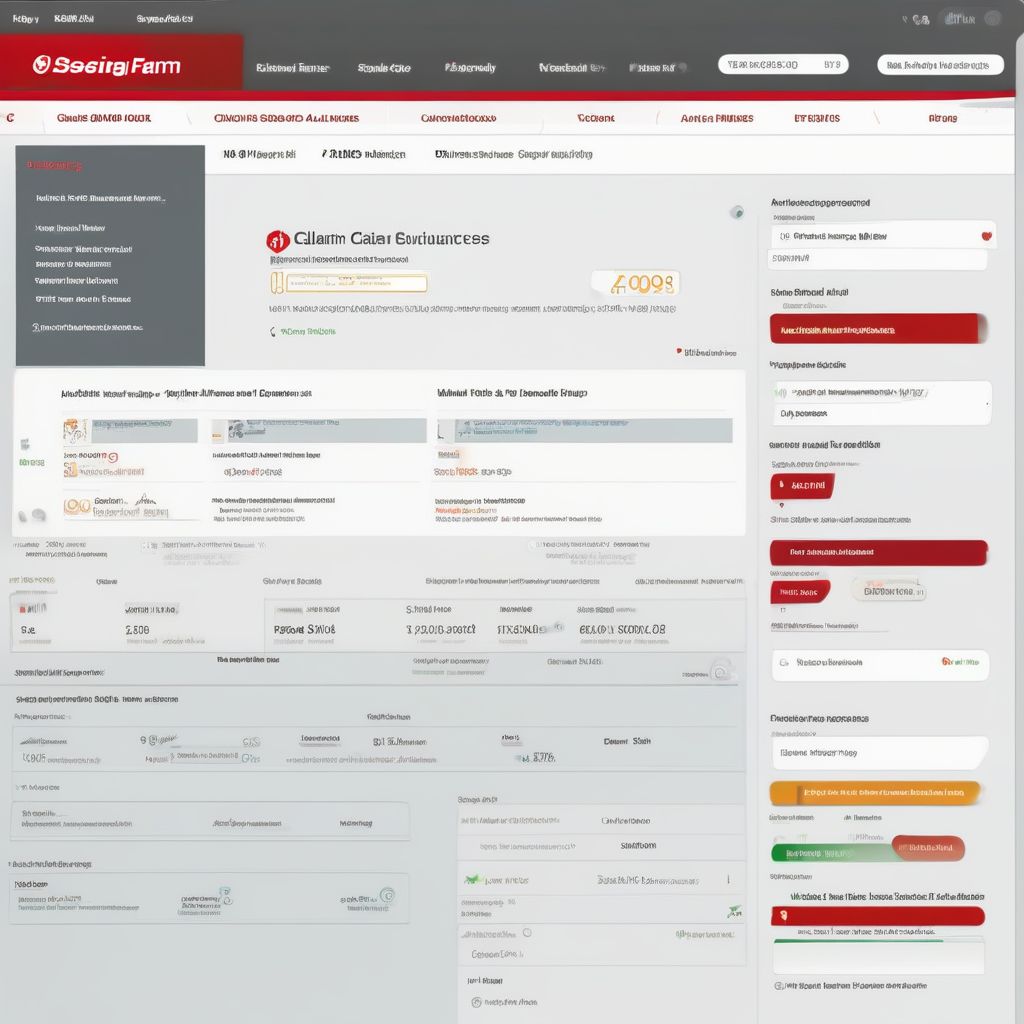Does Homeowners Insurance Go Up After a Claim?

Filing a homeowners insurance claim can be a stressful experience, especially if you’re worried about your premiums increasing afterward. It’s a common concern: will making a claim make my insurance more expensive? The answer, unfortunately, isn’t a simple yes or no. Let’s break down the factors that influence whether your homeowners insurance will go up after a claim.
Understanding the Impact of Claims on Premiums
While it’s true that filing a claim can lead to higher premiums, it’s not always a guarantee. Insurance companies assess several factors when determining your rates, and claims history is just one piece of the puzzle.
Here’s what influences whether your homeowners insurance goes up after a claim:
1. Your Claim History
- Frequency: Filing multiple claims within a short period (typically 3-5 years) raises red flags for insurers. It suggests a higher risk profile.
- Severity: Small claims are less likely to impact your premiums significantly. Larger claims, especially those exceeding a certain threshold, carry more weight.
2. The Type of Claim
The nature of your claim matters.
- Weather-Related Claims: Claims due to widespread events like hurricanes or hailstorms might have less impact on your individual premiums, as insurers spread the risk across many policyholders.
- Liability Claims: Claims involving bodily injury or significant property damage on your property tend to result in higher premium increases due to the increased risk.
3. Your Insurance Company’s Policies
Each insurer has its own guidelines regarding claims and premium adjustments. Some may offer “forgiveness” for your first claim, while others have stricter policies.
4. Your Location and Other Risk Factors
Your geographic location (and its susceptibility to natural disasters), the age and condition of your home, and even your credit score can influence your premium.
 Insurance Claim Form
Insurance Claim Form
FAQs About Homeowners Insurance and Claims
Q: How much will my homeowners insurance go up after a claim?
A: There’s no one-size-fits-all answer. The percentage increase varies based on the factors mentioned earlier. It’s best to contact your insurance agent directly for an estimate specific to your situation.
Q: Should I avoid filing a claim even if I need it?
A: Weigh the cost of the claim against your deductible and potential premium increase. Minor repairs might be better handled out-of-pocket if they’re below your deductible.
Q: Are there ways to mitigate premium increases after a claim?
A: Yes! Consider these strategies:
- Raise your deductible: Opting for a higher deductible can lower your premiums.
- Improve home safety: Installing security systems, storm shutters, or making other upgrades can demonstrate reduced risk.
- Bundle insurance policies: Combining your homeowners and auto insurance with the same company often leads to discounts.
In Conclusion
Deciding whether to file a homeowners insurance claim is a personal decision. By understanding how claims impact your premiums and the factors insurers consider, you can make informed choices to protect your home and your finances. Remember to communicate openly with your insurance agent, ask questions about your policy, and explore ways to minimize potential increases.


Leave a Comment